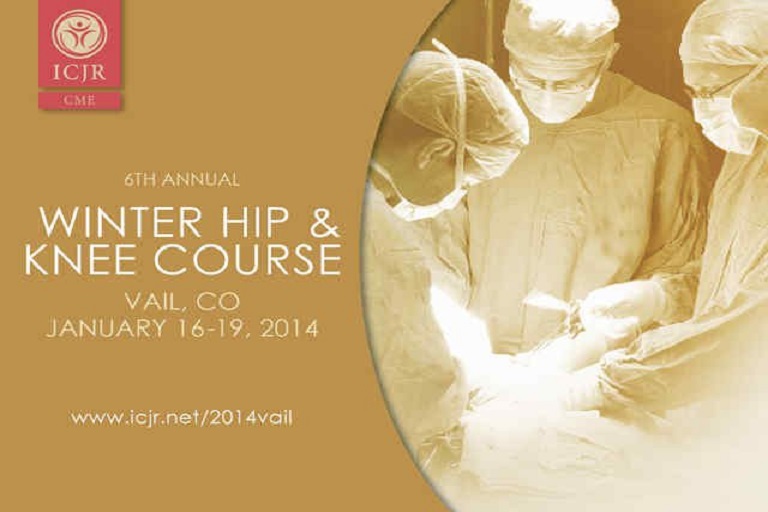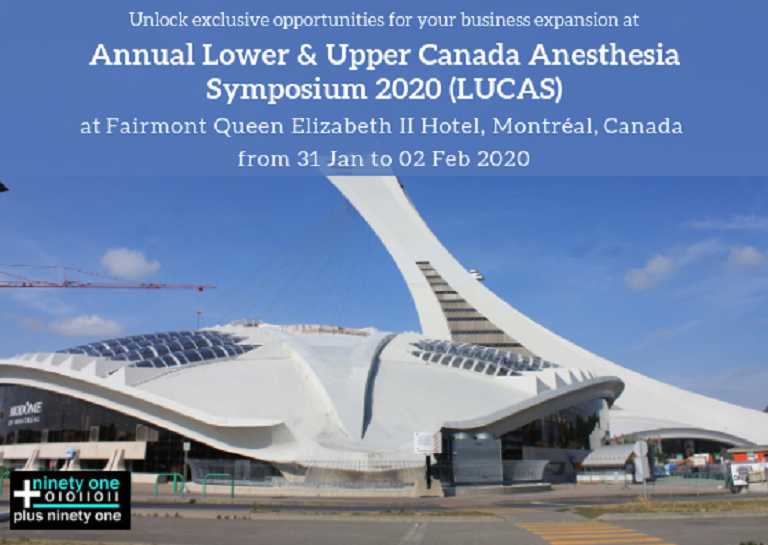Exclusive Article by Dawn Castell at EMRIndustry
In our modern and highly advanced society, there is still a large population of people who cannot afford proper care. Whether it is due to a reason for being uninsured or facing high deductibles, these individuals and families are barred by a financial cul-de-sac when it comes to utilizing basic care facilities.
That is where healthcare institutions with an emphasis on patient assistance come into the picture. With a drive to help as many patients as possible regardless of their financial status, these entities practice various methods to bring proper care facilities to people in need.
Here are a few ways that detail how these organizations have been helping their patients, starting from something as simple as listening to them and identifying their needs. By following or taking inspiration from them, you could do the same to help people in your own circle as well.
Encourage Your Patients to Tell You About Care Concerns from the Start
One of the best ways to help your patients is also the simplest. Just encouraging your patients to talk about their care options can allow you to help them to a significant extent. About 1 in 4 Americans cannot afford care. But you wouldn’t know which of your patients fall under that category if you never ask or give them the opportunity to tell you.
For instance, if any patient is going through your website for care options and notices that you list a few supported insurance providers, they would find it to be helpful. But they would be forlorn if they see that their insurance provider isn’t available on that list. That is where your patient may want to tell you about it. But if you don’t give them a chance, then they may just drop the decision to contact you at all. In order to ensure that this doesn’t happen, encourage them to talk to you about the issue. Institutions such as Edgewood Surgical Hospital actively do this on their insurance partner pages, and it helps their patients open up about their care options or a lack thereof.
Don’t Be Hesitant to Bring Up Financial Matters in Discussion Yourself
It has been noted that more than half of patients have some problems in covering the out-of-pocket costs of their care. It could be either due to the reason of high deductibles against their existing insurance or due to them not having insurance at all. But only half of these patients actually bring up their concerns to their physicians.
It is mostly to do with the stigma of “talking money”, a shyness to speak about their monetary issues, and thinking that the duration of the doctor’s visit doesn’t allow for additional discussions such as care costs.
In addition to that, the stigma extends to those patients who fear that they would be treated poorly because they cannot afford care through insurance or without assistance. That is where the physician plays a role. By speaking to their patients about their healthcare costs, they open the doors to communication on this topic. This small act can go a long way into ensuring that patients who have the worry of costs in their mind wouldn’t just abandon their care or be a no-show at their next appointment.
Physicians need to ensure that they bring up this point especially when they are aware of the procedures or medications that they are prescribing are expensive. Allowing even a few minutes out of their short appointment time can let patients know that they are not alone. This leads patients to be open about their financial and insurance status. In turn, this can help your organization mitigate risks of unpaid treatment. You can instead offer these patients plans to obtain help through your hospital or other entities or to pay for their treatment in a more flexible manner.
To understand how this works, let’s read more below.
Introduce Financial Assistance Programs
This could be an advanced method to provide care for your patients, but it is also an effective strategy to ensure that they have access to affordable care. You could introduce financial assistance programs through your own institution, which may help you care for your patients. These financial assistance programs could be funded by your own institution or could be aided by other organizations and entities as well. The nuances and the many details of financial assistance can depend on which route you go forward with.
Many hospitals in the U.S. obtain an exemption from the federal income tax on the basis of providing what is termed as “community benefit”. These are services that are provided to patients without any costs. When you report them during your tax returns, you receive the aforementioned exemption accordingly. In other cases, the financial services are not directly funded by the hospital in terms of staff hours but are instead aided by other organizations, donors and entities.
As such, the financial service programs are completely funded by charitable means without the hospital’s revenue, investment or staff hours getting affected. The best way to choose a financial services program is by assessing your organization’s current status, and your goals with helping patients. The financial assistance programs could be targeted to help patients who cannot afford care due to being uninsured or who can only afford a limited section of it. Either way, when handled by experienced personnel, these programs can be quite efficacious in helping patients. Institutions such as Memorial Sloan Kettering Cancer Center employ this method.
Introduce Flexible Payment Plans
This is a very popular way of helping patients who cannot bear the costs of care. In a flexible payment plan, you can break down the total cost of the care services into monthly payments that are easily affordable. These terms are agreed upon before a patient is released from the hospital. Since it is not a loan but a payment of services rendered, the hospitals having these payment plans often do not charge any interest against them. Instead, the service is used to make care available to those who cannot obtain it otherwise due to the costs.
With that being said, there are organizations that charge interests on these payments on a regular basis, which is only fair to cover the long wait they have ahead of them before being paid in full. Keeping that in mind, it should also be noted that flexible payment plans that come without interest have been known to increase the collections from defaulted patients. This means that these plans offer more revenue than what you could have obtained without providing such an option.
Patients who cannot afford care won’t be able to pay all the costs at once, even if they want to repay the debt after the services have been rendered. As a result, those patients who are considering the costs of care often walk out of the hospital without getting the treatment they need.
In other cases, they get the treatment in the hopes that they would be able to manage the costs before they are to go home, only to find that they cannot do so. As such, more hospitals are asking uninsured patients to pay upfront (which once again, causes them to leave without getting the care they need). In cases where patients get uninsured treatment at a place that doesn’t have flexible payment plans, they are left with a debt to the hospital and a need to entertain collection agencies. The hospital remains unpaid for the services that it provided.
Even in cases where an uninsured patient settles their bill with the hospital, the chances of them filing for bankruptcy over the next four years are doubled. This points towards the fact that not having flexible payment plans does not only hurt the hospital, it also leaves the patient without room to breathe. That is why, offering prepayment plans, preferably without interest, is something that can be termed as the preferred approach. It is a way for you to provide care to patients while mitigating the risks of not getting paid in return. In addition to that, it is also good for the community. It shows that you and your organization are not only in business to make some money but to do some good in the world.
The Key is to Understand Your Patients’ Needs
No matter which branch of care your organization practices, it is important for you to understand the significance of identifying your patients’ needs. If you don’t listen to your patients or don’t know about the extent of their financial troubles, then you would never be able to even offer proper care. On the other hand, it also draws patients away from your place of healing. That doesn’t reflect very well on what your organization is contributing to the community – since you should ideally be able to help as many patients as you can.
That is why, allocating time to understanding the needs of your patients and having a few avenues of help in place is of the utmost importance. Only by understanding it could you help patients who cannot afford care on their own.




















































